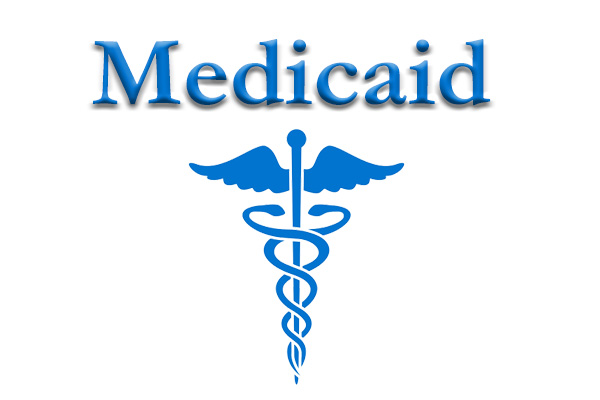Medicaid-Why you and your farm should care.

Medicaid – What is it and why should you (and your farm) should care?
Our law firm frequently gets calls from clients wanting to inquire about making a Last Will and Testament or appointing someone as Power of Attorney. This is quite often prompted by the death of a loved one, the diagnosis of an unexpected illness, or being told of a negative estate experience by a friend or neighbor. Estate planning at any stage of life is something we would always encourage, but there is an aspect of planning that we often times find overlooked and that is planning in advance for Medicaid.
There is much confusion about not only the difference between Medicare and Medicaid, but how and what each program covers specifically. For the purposes of this article, we will be focusing the discussion on long term care needs such as the expense of a nursing home. For that discussion, the only important thing to note about Medicare, including Medicare supplement insurance, is that it will not cover the cost of long-term nursing care. For these needs, most elderly (or medically disabled) individuals will need to seek coverage from Medicaid. This leads us to the main discussion – why should you care?
We know most individuals have an intense desire to plan on staying in their home until they pass away. Our feeling about that is to encourage each person reading this to hold tight to that goal while simultaneously and actively planning for the alternative. We say this because the stakes are so high for everyone, but are exponentially higher for farmers and their families. Simply put, Medicaid is a dual federal and state public assistance program for low-income elderly and disabled individuals. You may be thinking that your assets and/or income are simply too high to qualify for such a program – but hear us out. Planning in advance is the sole key factor in ensuring that this is not the case, and that this coverage is attainable should the need arise, without the full liquidation of one’s assets or the execution of a Medicaid lien upon death.
As farmers prepare to enter long-term care facilities, one must complete proper estate planning prior to applying for Medicaid to ensure their biggest asset - land - is protected from a Medicaid lien. That’s right, Medicaid can file a lien into your estate for moneys that were paid to you through the program for long-term care facility costs.
As farmers, we are aware of the old adage of “dying land rich and money poor”. Well, what do you think gets sold to pay off the Medicaid lien? Most times, it will be land. We have seen clients spend many, many years in long-term care facilities where hundreds and hundreds of thousands of dollars (sometimes over a million) are required. For clients that did not properly plan, we have seen their estates have to sell land. Undoubtedly, there are many reading this article that can point to a farm in their community that was sold due to the “nursing home”, which most times was actually Medicaid.
Keep in mind that planning must be done at least five years in advance. If you are 55 years and older, and receive Medicaid coverage, your assets are subject to a Medicaid lien without the proper planning. Given these facts, there is no time like the present to begin these conversations. The alternative to proactively planning for this possibility is to unnecessarily position yourself and your family to private pay for nursing home costs which can average around $8,000 per month.
Given all that we have said above, we can now circle back to the original goal of staying in one’s home for a lifetime. Even if that goal ends up being attainable, the estate planning which is accomplished in preparation for the alternative will still benefit your family in immeasurable ways. To name just a few, it offers liability protection for your farming business, a smooth transition to the next generation, ease of mind and security during times of temporary illness, and the possibility of tax savings. Next time we will discuss various documents and techniques which may be part of such an estate plan.
Natalie J. Boocher is a farm elder law and Medicaid planning attorney helping farmers with estate planning to protect their farms from the nursing homes and Medicaid. John J. Schwarz, II, is a lifelong farmer and has been an agricultural law attorney for 17 years and is passionate in helping farm families establish succession plans.
Both can be reached at 574-643-9999 and www.thefarmlawyer.com.
Go to www.farmlegacy.blogspot.com for past articles.
This article is for general informational purposes only and does not constitute an attorney-client relationship for specific legal advice.
Comments
Post a Comment